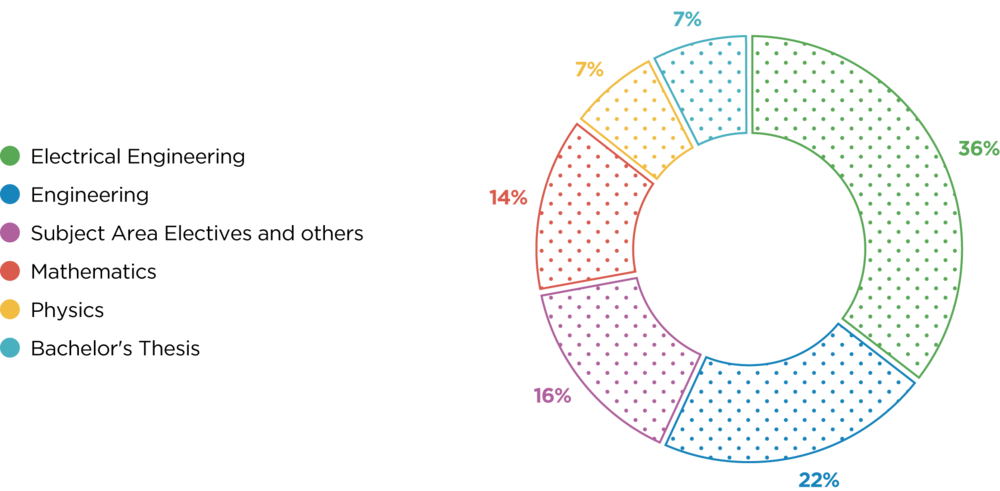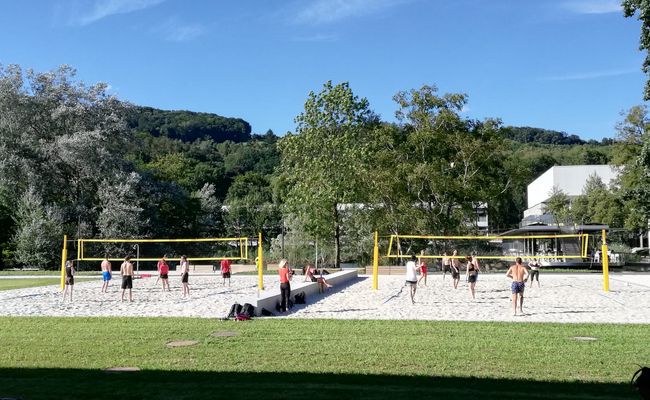How do you build drones and electronic medical devices? How do you make technology and artificial intelligence fit into the smallest of spaces? How does software and hardware work together?
The Bachelor's degree program in Electronics and Information Technology (ELIT) focuses on learning how the smallest electronic devices are built, how they are networked, how they communicate, and how they process their data. You will learn how to feed them with artificial intelligence and integrate them into larger systems.
Chips, sensors, electrical circuits are your playground and you get to build them, get them to work and transmit the data. You will design new systems and solve the problems we encounter every day when it comes to our smartphones, laptops, cars, etc. in places such as at hospitals and at industry 4.0 companies. Electronics and Information Technology is what creates the basis to evaluate data, initially making everything our modern world possible.
The program is based on broad foundations of principles in engineering and natural sciences: Electrical engineering, computer science, physics, and mathematics.
Page Content






